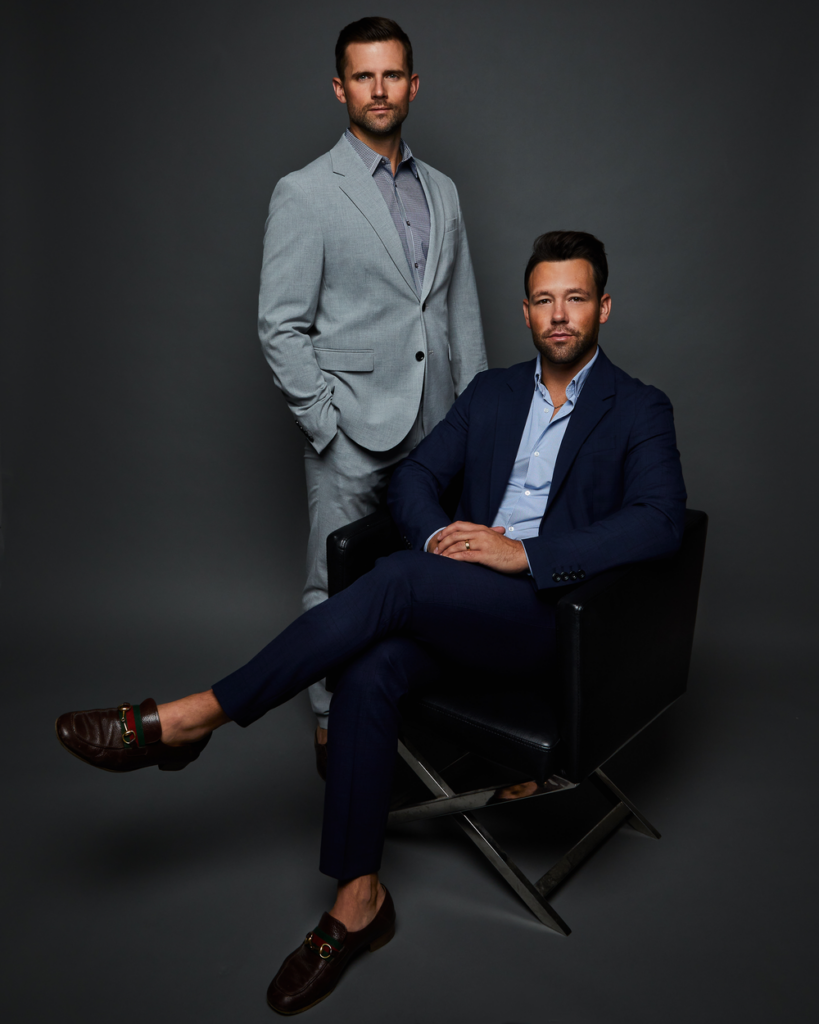Whether you want to start building your family soon or are thinking ahead about what you want in the future, it’s important to understand the role age plays in female fertility. As women age, their eggs reduce in quality and quantity, making it more challenging to have the child they have dreamed of. If this is the case for you, our compassionate team at Elevate Donors is here to help you understand your options and the best path forward to make your dreams a reality.
Elevate Donors is an egg donor agency that helps match intended parents with one of our qualified egg donors based on their needs and goals. Before making any decisions about your family and future, we ensure you have all the information you need to move forward confidently, including how age can affect your fertility. Most of our staff have been on their own assisted reproduction journeys, so we understand what it takes to help you feel comfortable and what you need to know about how eggs work as you age.
How Does Age Affect Female Fertility?
With more and more women delaying having children until their 30s and 40s, it’s essential to understand the bodily changes that occur during this time. According to the American College of Obstetricians and Gynecologists, fertility starts to decline around age 30. This decline occurs because age affects a woman’s eggs in the following ways:
Egg Quality
As a woman gets older, her eggs decrease in quality, and the chances of the eggs having abnormal chromosomes increase. This means the eggs may have too many or too few chromosomes that could result in miscarriages, lack of pregnancy, or other genetic conditions if an embryo does form. Additionally, as women age, they are more likely to have health conditions, like endometriosis, that affect fertility and cause inflammation in the ovaries. This could affect not only egg quality but also their ability to be released from the ovaries.
Egg Quantity
Women are born with a fixed number of eggs, which decreases with age. This is called loss of ovarian reserve and occurs when the number of egg-retaining follicles in the ovaries reduces over time. Women lose eggs as they get older because the follicles become less sensitive to stimulation from the follicle-stimulating hormone (FSH), which helps the follicles grow and eggs develop. However, as women age, more stimulus is needed to start ovulation.
If you are over 35 years of age and want to start building your family, our dedicated team at Elevate Donors agency can help you explore your options, which may include egg donation, sperm donation, or surrogacy. We want your experience to be special and exciting, so we handle every aspect of your journey to alleviate your stress and allow you to focus on the joys of having a child.
Contact a Knowledgeable Professional at Elevate Egg Donor Agency to Start Your Family-Building Journey Today
At Elevate Donors, we believe all intended parents should have the opportunity to have a child, regardless of their age. Therefore, if you are concerned about how your age may affect your fertility, we are here to provide all the information you need to make informed decisions and move forward with confidence. Since 2017, thousands of intended parents have trusted our concierge-level services for, so when working with us, you can rest assured you are receiving the best care possible.
As an elite assisted reproductive agency we proudly go above and beyond for intended parents, including women over the age of 35. We take the time to understand your needs and goals and answer your questions. To learn more about how age affects fertility and what options are available and right for you, call us at (323) 933-8918 or fill out our contact form.

